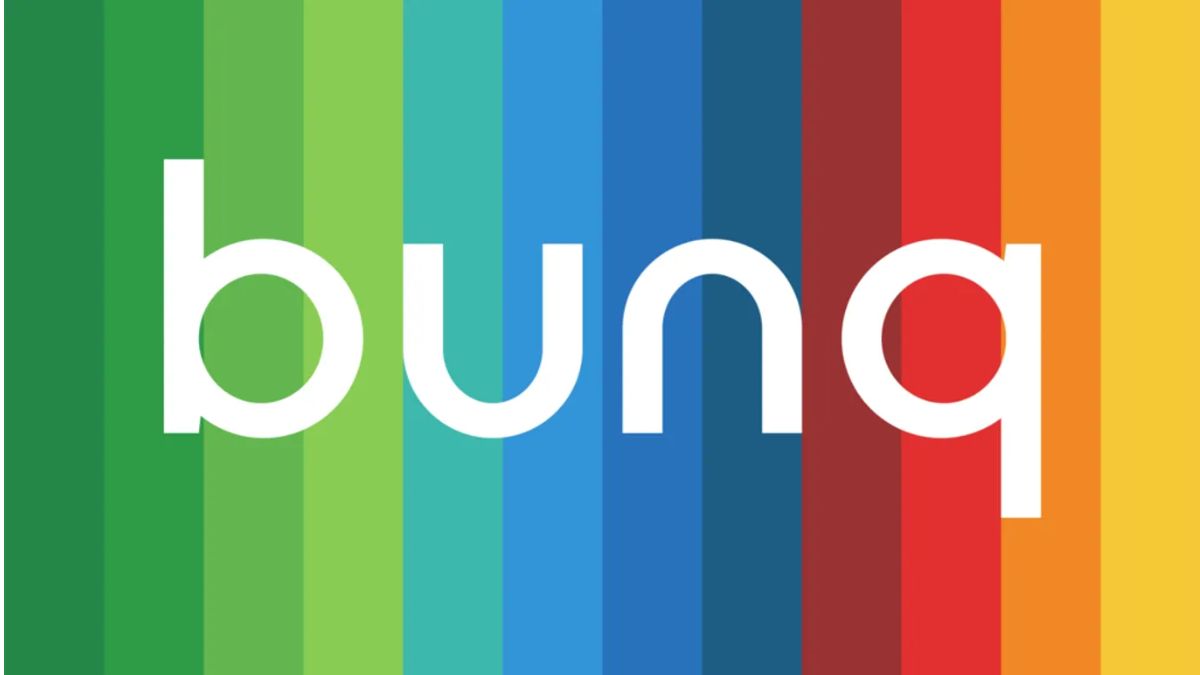Necessary Always Active
Necessary cookies are required to enable the basic features of this site, such as providing secure log-in or adjusting your consent preferences. These cookies do not store any personally identifiable data.
|
||||||
|
||||||
|
||||||
|

Dutch financial regulator De Nederlandsche Bank (DNB), has fined internet bank Bunq €2.6 million for failing to sufficiently screen its customers for money laundering. According to Reuters, Bunq money laundering control fine is a result of multiple investigations into the bank’s compliance with the Anti-Money Laundering law.
The DNB justified Bunq’s fine for AML control as necessary due to the severity of deficiencies in failing to properly investigate and report potential financial crimes. According to the regulator, investigations on Bunq revealed several non-compliance instances that it considered to be severe and culpable.
The financial watchdog investigated four files belonging to Bunq customers that had been identified as high-risk for terrorist financing or money laundering. The probe revealed that Bunq failed to sufficiently monitor their transactions, which means “signals of possible financial crime were not investigated in sufficient depth, if at all” according to the DNB. Additionally, Bunq was unable to justify why it flagged similar transactions in some instances and not others.
“Bunq failed to exercise adequate ongoing monitoring in the four files on which DNB’s administrative fine is based. As a result, Bunq did not have sufficient insight into these customers and their transactions. Given the severity and extent of the deficiencies in these files, DNB considers the fine imposed both necessary and appropriate,” the regulator said.
The Dutch financial regulator also said previous investigations had shown repeated failures, which the bank had not improved despite an earlier fine and several warnings. Bunq’s DNB fine announced in August is based on violations that occurred over the January 2021 to May 2022 period.
Bunq has objected to DNB’s penalty and plans to appeal the decision in court. The digital bank also defended itself, saying that it uses technology to strengthen its systems.
“At Bunq, we take our role as gatekeeper very seriously. We use the most advanced technology and continuously strengthen our systems – including in response to these cases from 2021–2022. We remain confident in our position,” A statement from Bunq’s spokesperson read in part.
In the Netherlands, the Anti-Money Laundering and Anti-Terrorist Financing Act requires banks to screen and monitor customers in order to flag suspicious transactions.“This means that banks must know who their customers are, where the customers’ money comes from, and what customers intend to do with financial products,” the regulator explained.
In recent years, Dutch banks have faced increased surveillance on money laundering after ING Netherlands and ABN Amro, which are the largest banks in the country, incurred heavy penalties over control failures.
In 2018, ING Netherlands paid a €775 million fine to the Public Prosecution Service while ABN Amro paid €480 million in 2021. Another bank, Rabobank, failed to reach a settlement with prosecutors over lapses in spotting money laundering and is set to appear in court. Two other Dutch banks, Triodos Bank and ASN Bank have already received DNB warnings to strengthen their money laundering controls.
The Netherlands isn’t the only country in Europe whose government is taking action against banks with money laundering lapses. In July 2025, UK financial regulator FCA fined digital bank Monzo $28.57 million over weak financial crime controls. According to the FCA, Monzo had failed to provide sufficient safeguards against financial crime and had not scaled its financial crime controls as it expanded.